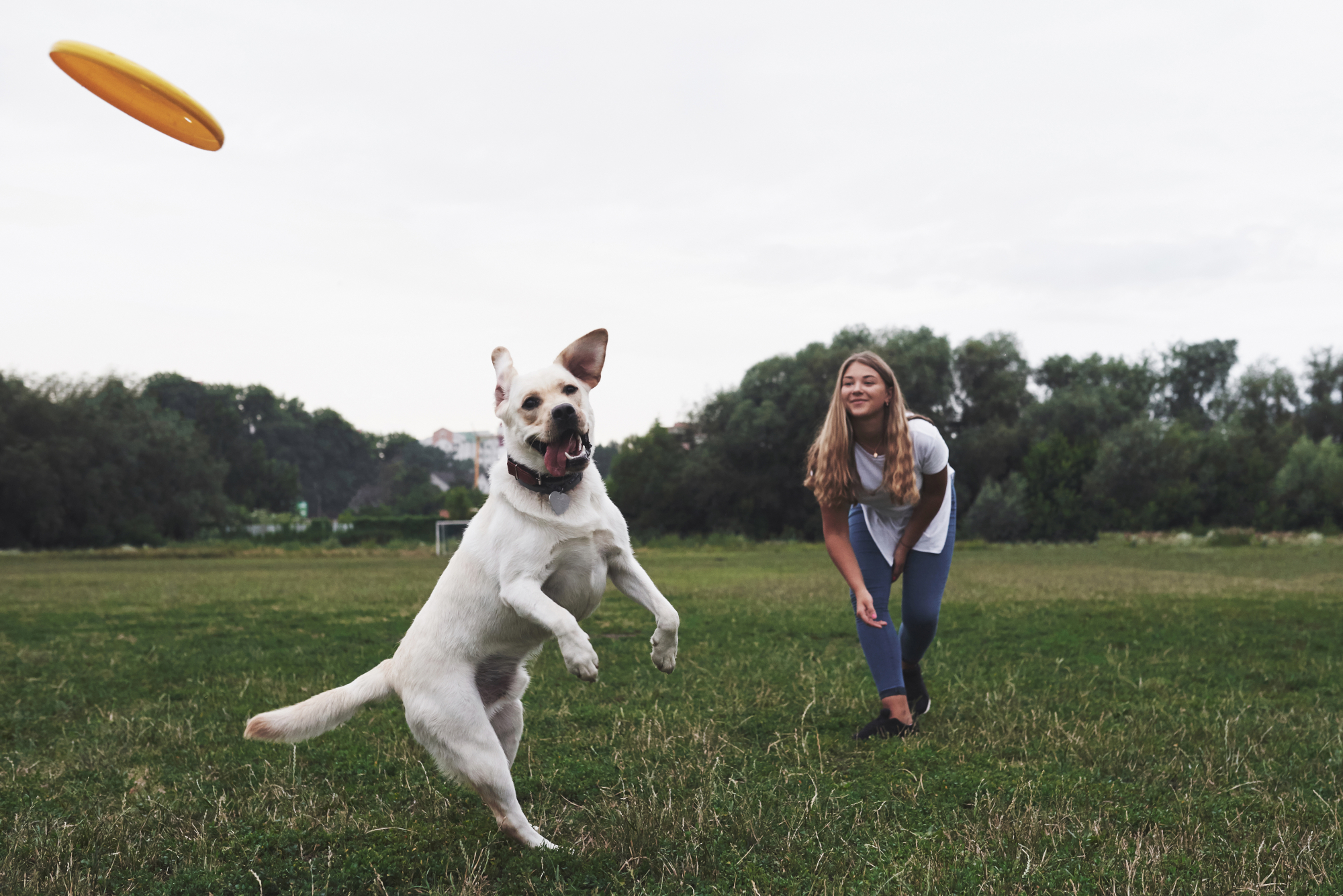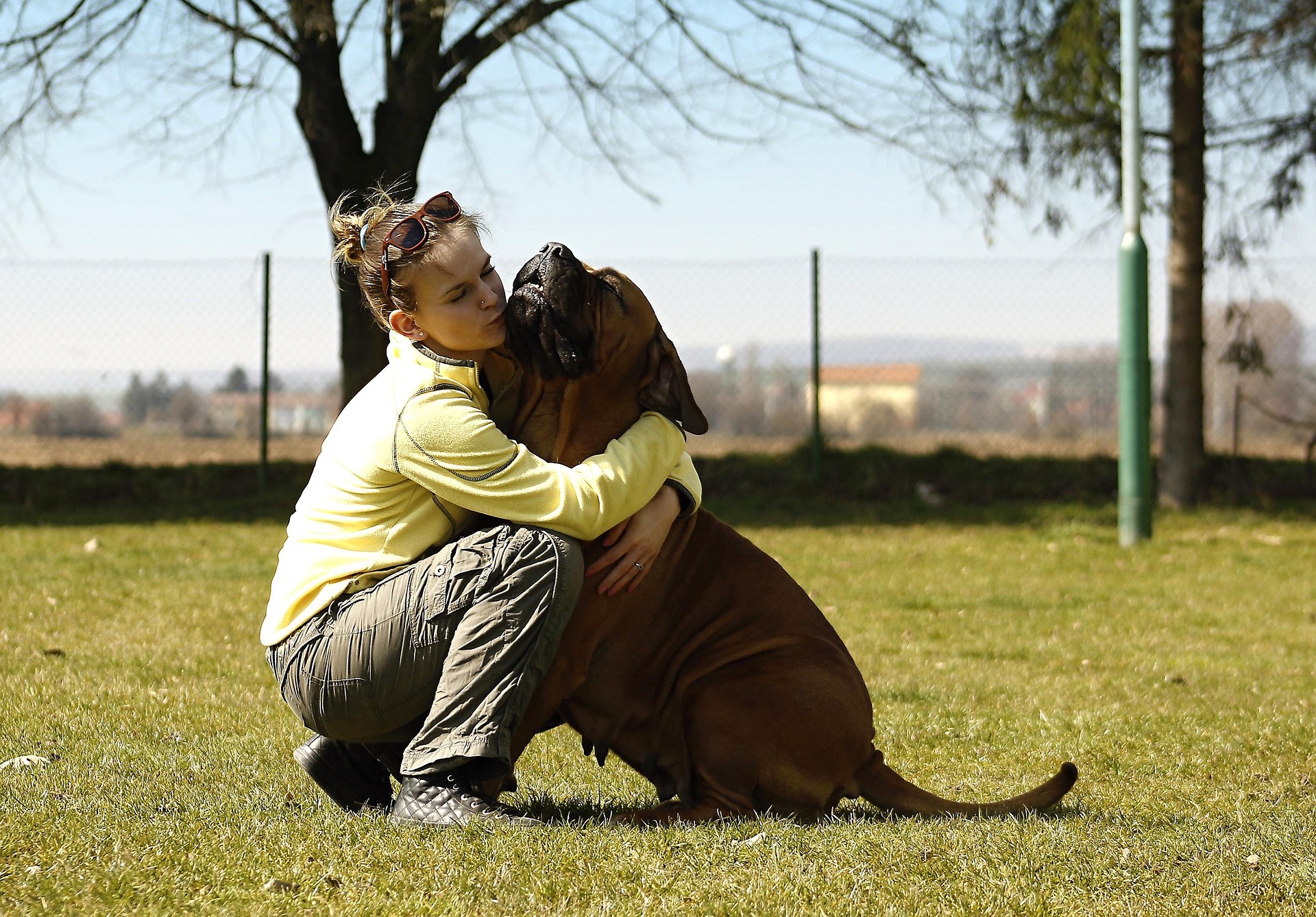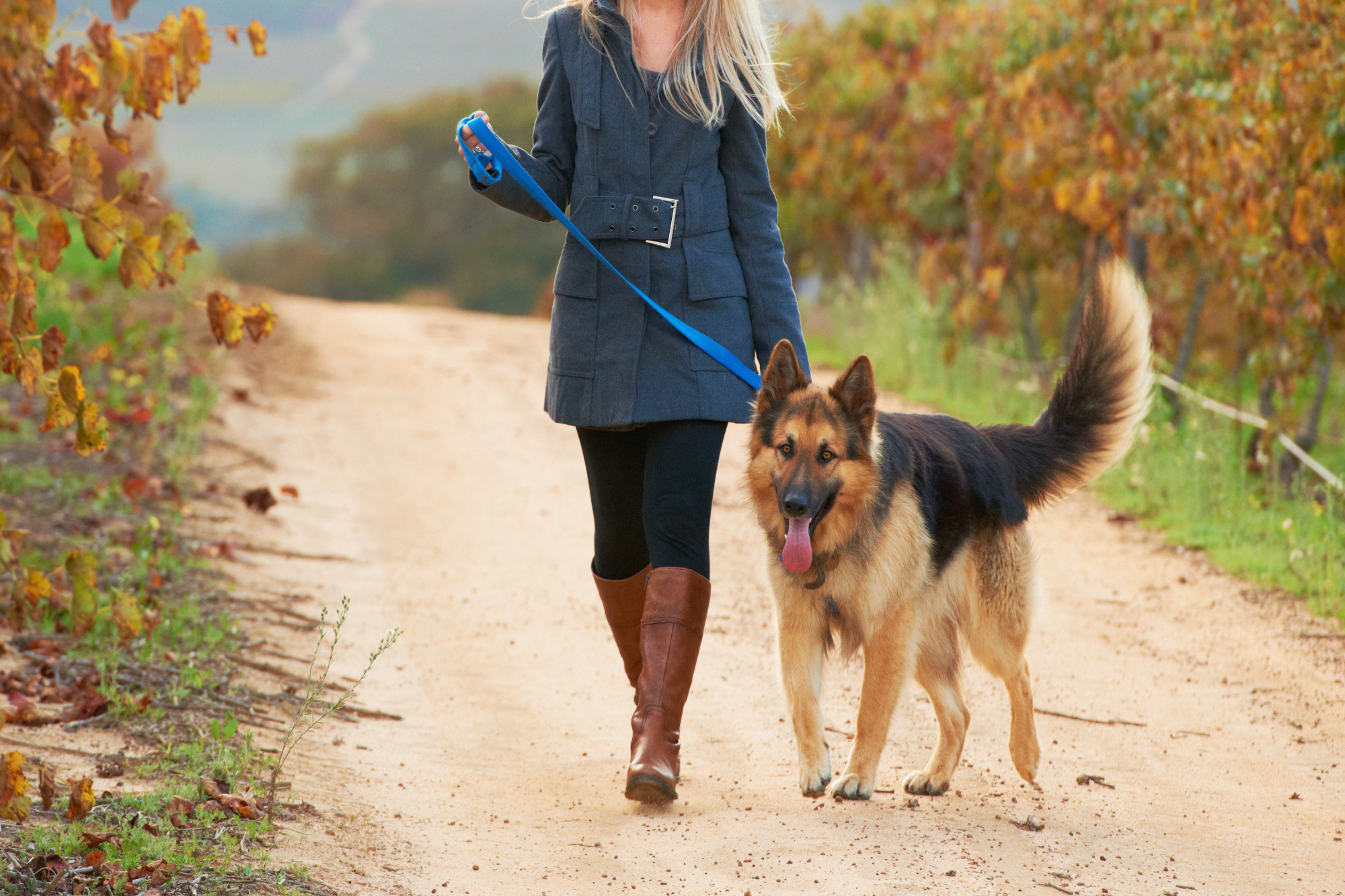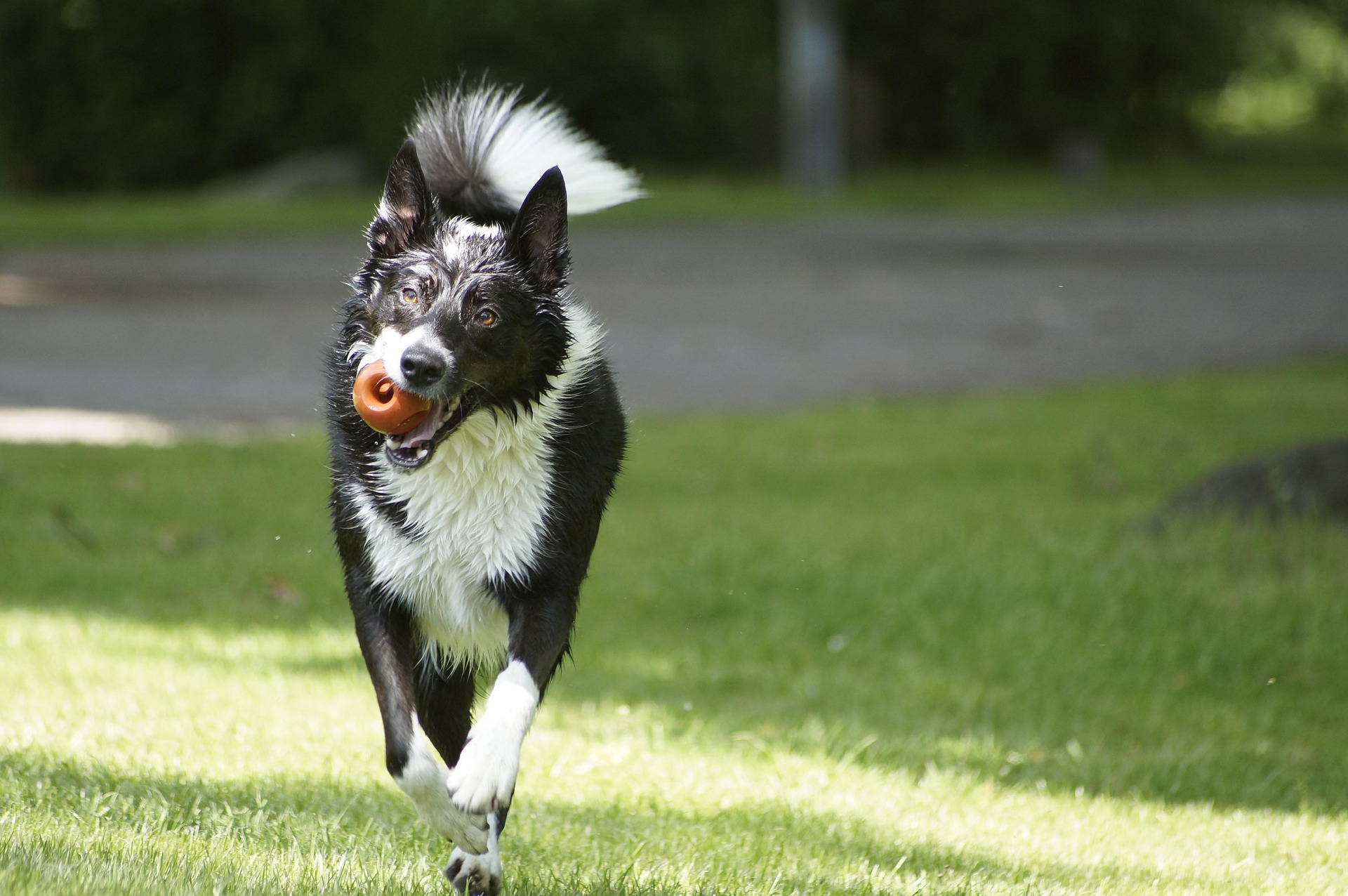Have you gotten a new puppy recently? If so, congratulations! Puppies are not only adorable, growing animals, but also welcoming them into your home early in their life can be a huge help in strengthening their bond with you and your family.
With that said, however, there’s one part of puppy care that can be more difficult: housetraining. A housetrained dog is essential, as it prevents unpleasant messes in the house and saves you and your family from having to clean up after them so often. It can be tough to do properly, however you have to ensure your dog truly understands that urinating and defecating in the house are big no-nos.
Getting to this stage in puppy training requires lots of patience, a positive attitude, and close supervision. It may take a while, and the length of time it takes to train your puppy depends on a lot of variables, however all puppies will learn eventually. In time you’ll be able to relax and thoroughly trust your dog’s training.
It’s worth keeping these five general rules in mind during this stage of your new dog’s life, and to make the process as smooth as possible. They’re also quite easy to follow.
Rule 1: Always reward good behaviour
Dogs learn best with positive reinforcement, meaning they’re rewarded for successes rather than punished for mistakes. There are a few ways you can positively reinforce your pup to ensure they stay on track with housetraining, such as verbally praising them, giving them a small treat, or rewarding them with playtime or their favourite toy. Over time, your dog will learn to associate good behaviour with these rewards, and housetraining will become second nature to them.
Rule 2: Never punish mistakes
As we said before, positive reinforcement works infinitely better than negative reinforcement when housetraining your puppy. Some people believe that by rubbing waste in the face of a dog who’s had an accident, it will ‘teach them a lesson’ and prevent further issues. In reality, this is a cruel punishment that will just leave your dog anxious and confused.
Other punishments such as displaying anger will have the same effect as the above example. These training tactics don’t speed up the process at all; in fact, it will make it go even slower. Not to mention your puppy is a growing animal and they’re still learning how everything works. They deserve our patience and our compassion, no matter what. So if your puppy does have an accident in the house, don’t get angry or punish them. Simply clean up the mess and move on.
Rule 3: Take your dog to the same place when you bring them outside
When you take your dog outside to urinate and defecate, we always recommend taking them to the same spot. The familiarity of a consistent routine will go a long way in helping to housetrain your dog, and the odours from his previous waste will also remind them of why they’re there. Over time, the familiarity of this spot will help motivate your dog to eliminate waste while there, rather than in the house.
When your dog does go in the designated spot, be sure to praise and reward them—this will reinforce good behaviour even more.
Rule 4: Clean indoor accidents thoroughly
If you have a new puppy, it’s more than likely that some accidents will happen inside the house. When this happens, be sure to thoroughly clean the place, including (dog-safe) cleaning products to completely eliminate the odour. Not only is this important for the health and comfort of your family, but it will help prevent further accidents as well. If your dog notices the smell of their waste in the house, they may continue to make a mess in the same spot, rather than in the designated outdoor area.
Rule 5: Pay attention when visiting other places
You’ll begin to trust your younger dog more as they get the hang of housetraining, and begin to feel comfortable taking them out more often. But when you do take them to other places, such as public buildings or other people’s homes, keep a close eye on them. Your puppy might know not to leave waste in your home, but not yet know to do the same elsewhere. Be sure to keep an eye on your pet to make sure they don’t make any messes in other places.
An easy housetraining routine
If you’re trying to housetrain a new puppy, you might be struggling to come up with a good routine that you can keep up with to help your dog. Here’s an easy routine our vet staff recommends you try with your pup, which can help them learn when and when not to urinate and defecate, while also helping prevent messes.
- Feed your puppy at the same time each day
- Take your dog outside very frequently, and at regular intervals:
- First thing in the morning
- Last thing at night
- Before they’re left alone for long periods of time
- Hourly or every two hours
- After every meal
- After napping
- After playing
- Watch your puppy for signs that they need to go outside, including:
- Pacing
- Whining
- Circling
- Sniffing
- Attempting to leave the room
- Standing in front of the door
- Reward your dog with praise or a treat whenever they eliminate waste outside
- If your dog starts to eliminate in the house, clap your hands twice, loudly, to startle and stop them from finishing. Then, quickly take your puppy outside to the designated spot to complete the job. When your dog does, praise and reward them!
It truly does take time and patience to housetrain a new puppy, however it’s an important part of being a responsible dog owner. Not only will it help prevent unsanitary and unpleasant messes in your home, but also it will teach your dog discipline and ensure they follow your commands in general. With time, patience, and perseverance, you and your dog will succeed with housetraining.
Creative Commons Attribution: Permission is granted to repost this article in its entirety with credit to Hastings Veterinary Hospital and a clickable link back to this page.






